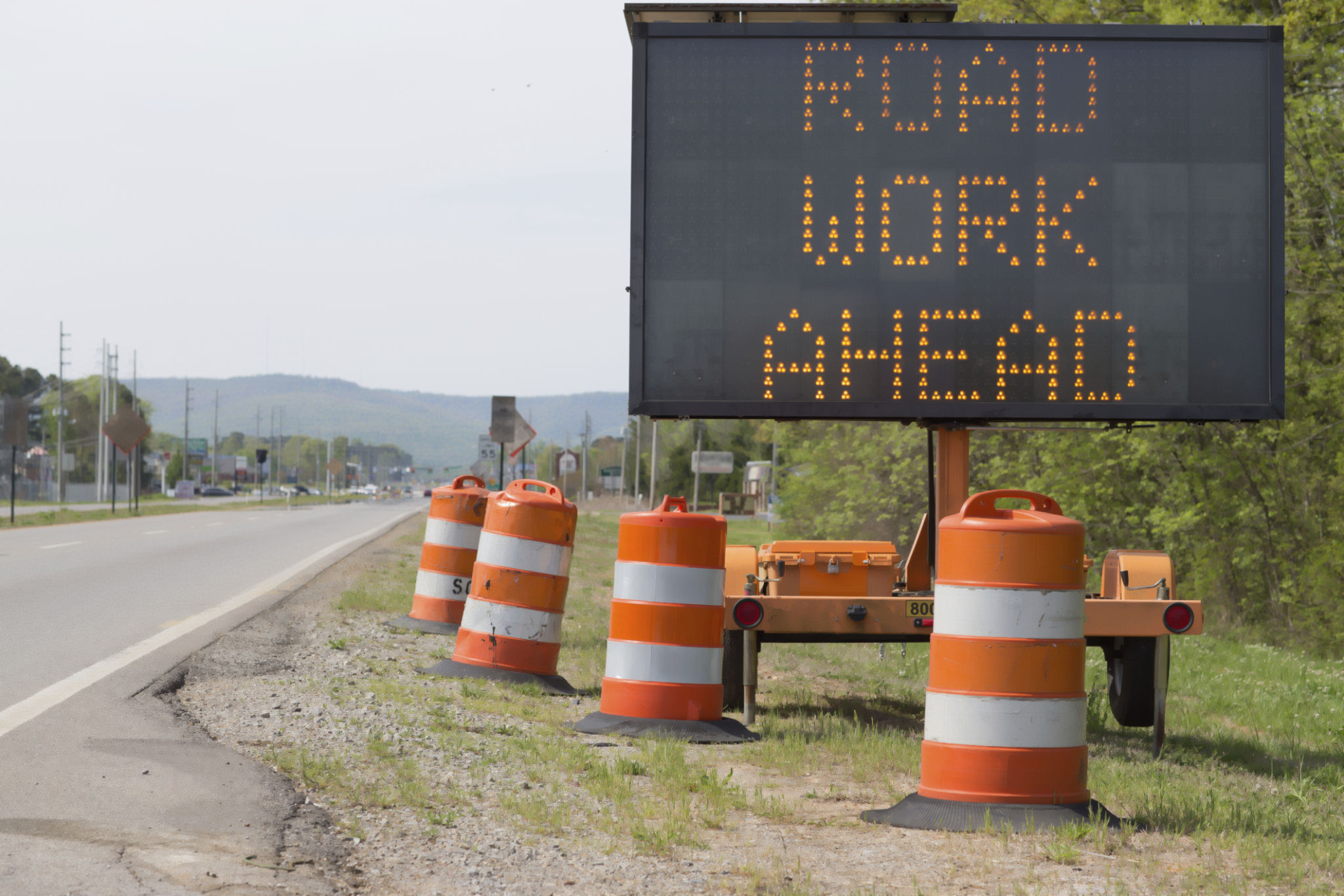Top Road Construction Trends Shaping the Future of Infrastructure in Fiji
KT
Fiji is on the cusp of a transformative era in road construction, with new trends shaping the future of its infrastructure. As the country seeks to enhance connectivity and boost economic growth, modern technologies and sustainable practices are becoming integral to road development projects. Let's explore some of the top trends that are defining the future of road construction in Fiji.
Sustainable Construction Practices
Environmental sustainability is a key focus in modern road construction projects. In Fiji, there is a growing emphasis on using eco-friendly materials and methods to minimize the environmental impact of infrastructure development. This includes the use of recycled materials, energy-efficient machinery, and techniques that reduce carbon emissions during construction.
The incorporation of permeable pavements is another innovative approach gaining traction. These pavements allow water to pass through, reducing runoff and promoting groundwater recharge, which is crucial for Fiji's delicate ecosystems.

Smart Road Technologies
Smart technology is revolutionizing road infrastructure, making it more efficient and safe. In Fiji, the integration of intelligent transportation systems (ITS) is becoming more common. These systems use sensors and data analytics to monitor traffic patterns, enhance road safety, and improve traffic flow.
Moreover, smart roads equipped with real-time data collection capabilities can provide critical insights for maintenance and management. This proactive approach helps in identifying potential issues before they become major problems, ultimately extending the lifespan of the infrastructure.
Resilient Infrastructure Design
Given Fiji's vulnerability to natural disasters such as cyclones and floods, resilient infrastructure design is crucial. Road construction projects are increasingly incorporating features that enhance durability and resilience. This includes elevated roadways, improved drainage systems, and the use of materials that can withstand extreme weather conditions.

Investments in resilient road design not only protect assets but also ensure that communities remain connected during adverse weather events, which is vital for emergency response and recovery efforts.
Public-Private Partnerships
To meet the growing infrastructure demands, Fiji is embracing public-private partnerships (PPPs) as a strategic approach to road construction. PPPs leverage private sector expertise and funding to deliver high-quality projects efficiently. This collaboration helps in overcoming budget constraints and accelerates project timelines.
These partnerships often result in innovative solutions that benefit both the public sector and private investors, fostering a win-win scenario for all stakeholders involved.

Focus on Safety and Accessibility
The safety and accessibility of road networks are paramount concerns in infrastructure planning. Recent projects in Fiji prioritize features such as pedestrian walkways, bicycle lanes, and improved signage to ensure that roads are safe and accessible for all users.
Additionally, road safety audits are becoming standard practice, assessing potential hazards and recommending measures to mitigate risks. This proactive approach helps in creating safer roads for both motorists and non-motorists alike.
In conclusion, the future of road construction in Fiji is being shaped by sustainability, technology, resilience, partnerships, and a focus on safety. As these trends continue to evolve, they promise to deliver a robust infrastructure network that supports economic growth while preserving the natural beauty of the islands.
